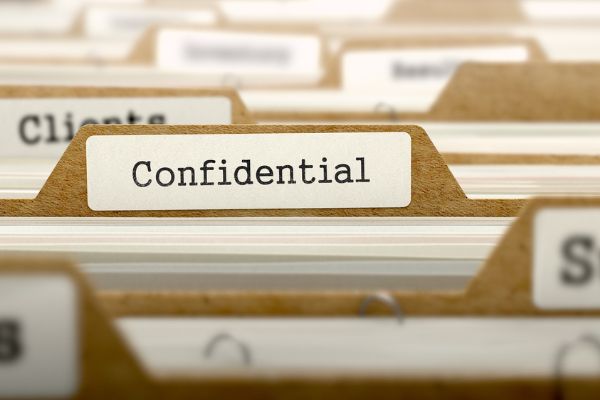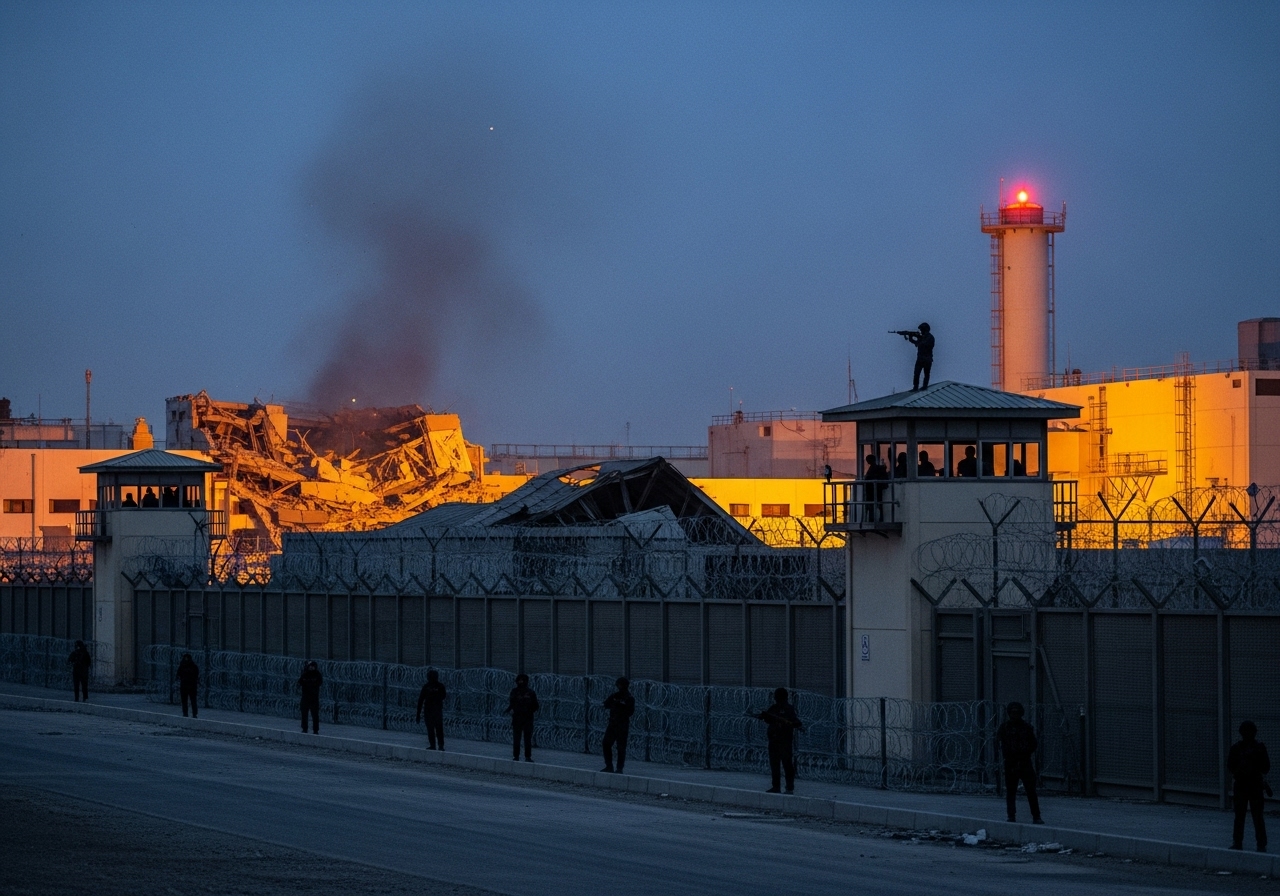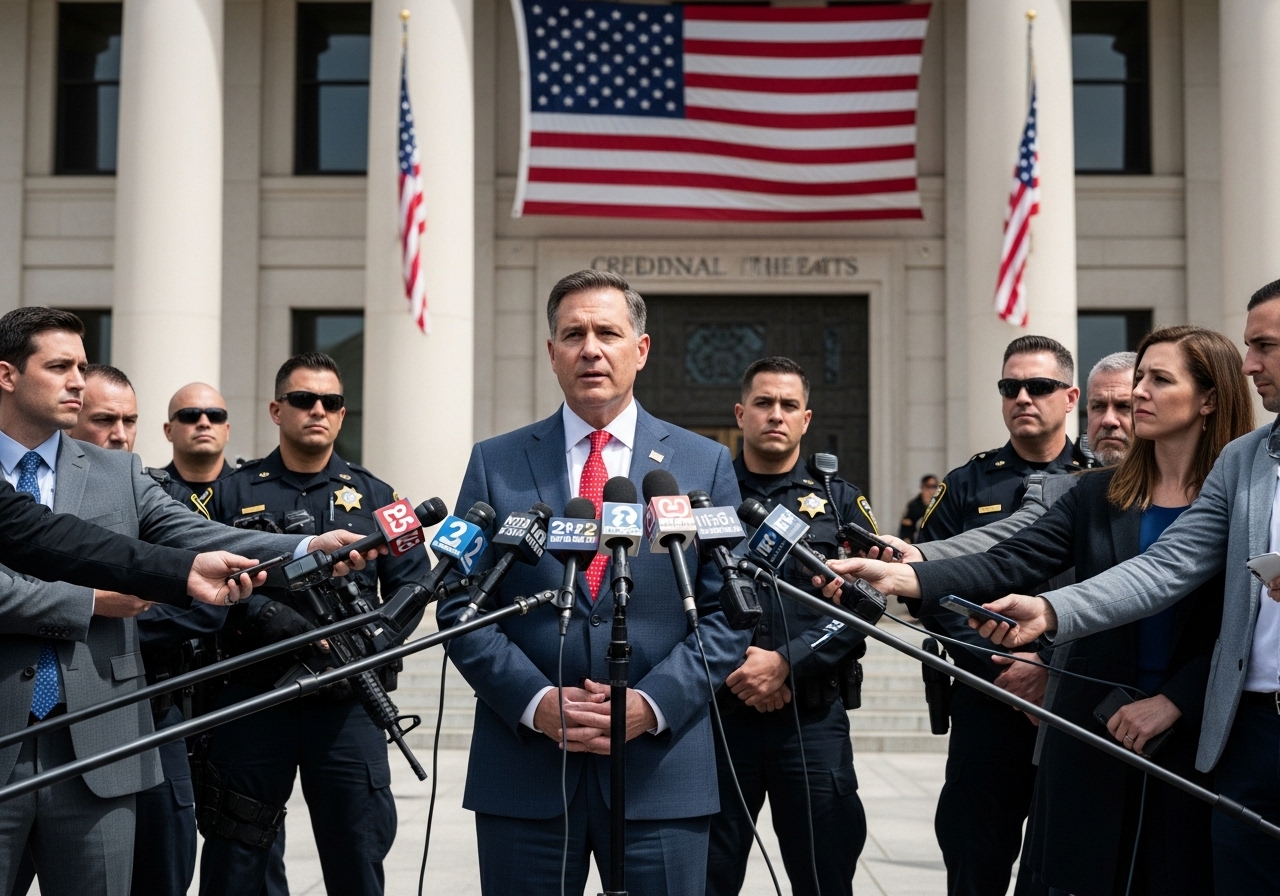Recall Rob Malley, the Special Envoy to Iran for President Biden and a childhood buddy of Secretary of State Antony Blinken? Rob Malley, who played a pivotal role in integrating suspected Tehran plants into the Biden administration, forfeited his security clearance over a year ago due to purported mismanagement of confidential documents.
We are revealing some new details about the potential contents, potential recipients, and ways to acquire the classified data.
As Nick Arama wrote in July 2023:
“During the Obama/Biden administration in 2015, Rob Malley was one of the architects of the Iran nuclear deal. Following Joe Biden’s appointment as Special Envoy to Iran in 2021, he rekindled discussions about the agreement that former President Donald Trump had abandoned in 2018.”
“For months, the House Foreign Affairs Committee had been attempting to elicit testimony from him. “Despite appearing in the media, the State Department continued to delay them for a variety of reasons.”
Subsequently, it became evident that a State Department security probe investigating the alleged misuse of confidential documents had placed Malley on full unpaid leave and revoked his security clearance. The FBI and the Diplomatic Security Service, a State Department law enforcement agency, were involved in that inquiry. He had been put on partial leave by the spring. “That is really worrying, given his position and what he may have done.”
In September, as noted by Streiff, some extremely concerning evidence came to light:
“A week ago, Semafor published a huge report on a secret campaign by the Iranian regime ‘to bolster Tehran’s image and stances on global security problems, particularly its nuclear program, by forging ties with a network of powerful overseas academics and researchers.” Robert Malley, the special envoy for Iran under Joe Biden, was one of the individuals brought into this group. Ariane Tabatabai and Malley entered the government. Ultimately, Tabatabai became the chief of staff to Christopher Maier, the top counterterrorism official in the Defense Department and Assistant Secretary of Defense for Special Operations and Low-Intensity Conflict. Despite receiving letters from the Islamic Revolutionary Guard Corps authorities seeking her opinions on various topics, Tabatabai remains employed.
Malley is also quite close to Dina Esfandiary and Ali Vaez, two IEI members he invited to work with him at the think tank he presently leads, International Crisis Group (ICG). Semafor characterizes Vaez as Malley’s protege; under the Obama administration, Malley tried to have Vaez work with him at the State Department, but Vaez’s intimate ties to Tehran prevented him from obtaining security clearance. When Malley moved to the Biden administration, Vaez and Esfandiary both stayed at ICG. (Interestingly, following RedState’s publication of a series of pieces about Malley and Tabatabai, Vaez blocked this writer on Twitter.)
Ultimately, in October 2023, the House Oversight and Accountability Committee began looking into the administration’s acquiescence to the Iranian government and Malley’s specific acts. Rep. James Comer also sought details on Tabatabai’s security clearance approval procedure in a letter to the State Department. Since the committees had not received any information by the beginning of May, Republicans have been conducting their own research and may have discovered something. Josh Rogin, in an unexpected editorial piece for the Washington Post, conveyed some news:
The department has been elusive and opaque, so we have sought information from other sources. We have discovered the following facts and alarming accusations through our own research. We would like you to verify the details we have learned.
The State Department’s Diplomatic Security Service suspended Malley’s security clearance, according to Risch and McCaul, after he “allegedly transferred classified documents to his personal email account and downloaded these documents to his personal cell phone.”
Semafor reported in July 2023 that the federal government was investigating Malley for possible mishandling of classified documents. In August, the Tehran Times published a number of pieces it said were based on leaked secret U.S. government documents about the Biden administration’s actions toward Iran and internal politics. The State Department inspector general’s office is looking into the disclosures yet the letter from Risch and McCaul claims that those leaks are related to a “hack” of one of Malley’s personal devices.
“When and how did the cyber attacker compromise Mr. Malley’s account?” the letter queries. Did the compromise of Mr. Malley’s device lead to subsequent compromises of other top officials at the National Security Council, State Department, or other agencies? How was Mr. Malley’s information used by the malevolent cyber actor?
That is, it ignores the possibility that Malley intentionally allowed the device to fall into the hands of a “malign cyber actor” and disregards the fact that secret material shouldn’t have been on Malley’s personal device, even if the device had been hacked from the start.
The letter said, “The claims we have been privy to are exceedingly alarming and demand quick responses.” “We must swiftly and firmly hold individuals accountable as these accusations significantly impact our national security.”
Although it seems unlikely, we urgently need to understand what is truly happening and who needs to face treason charges.
Author: Scott Dowdy






